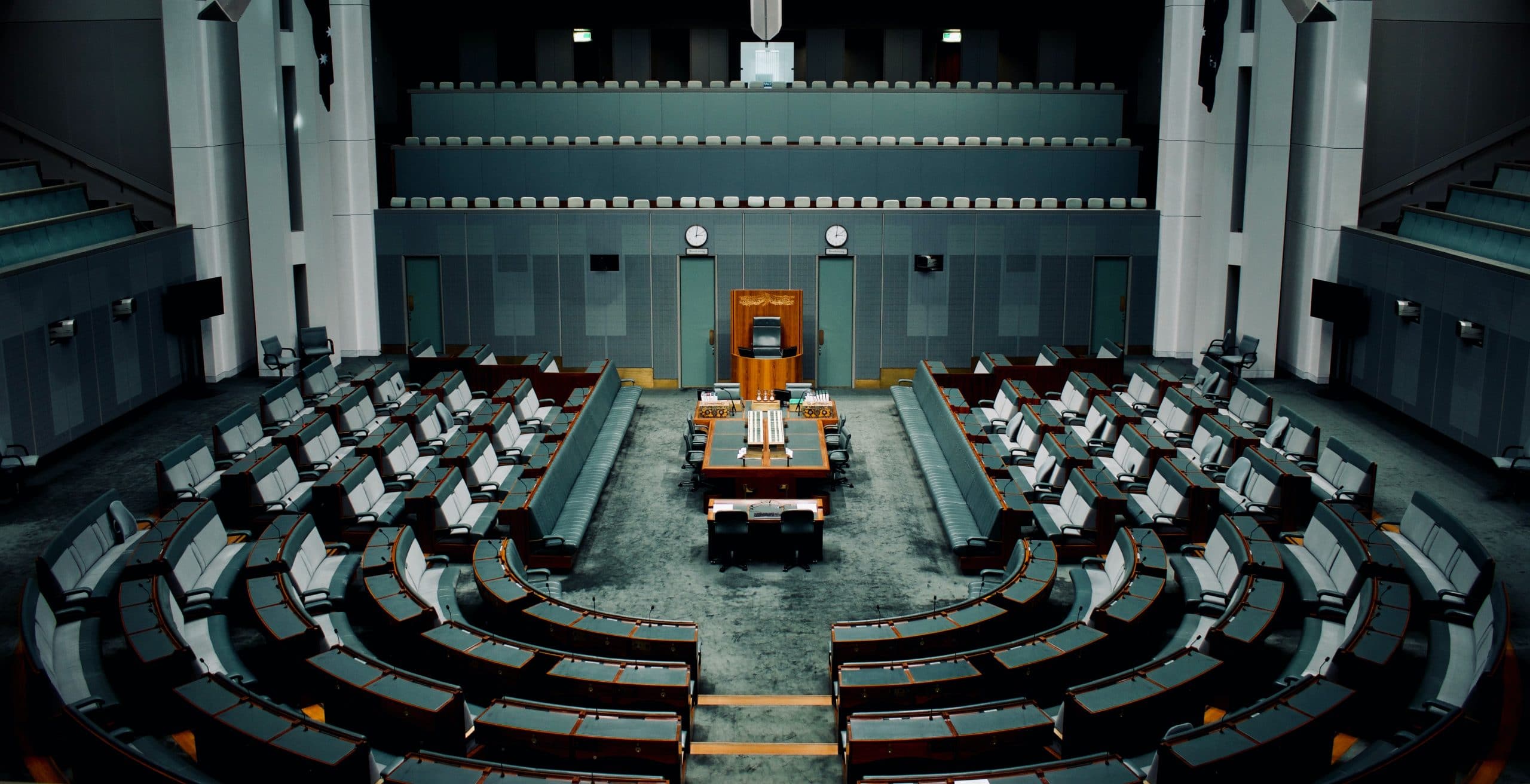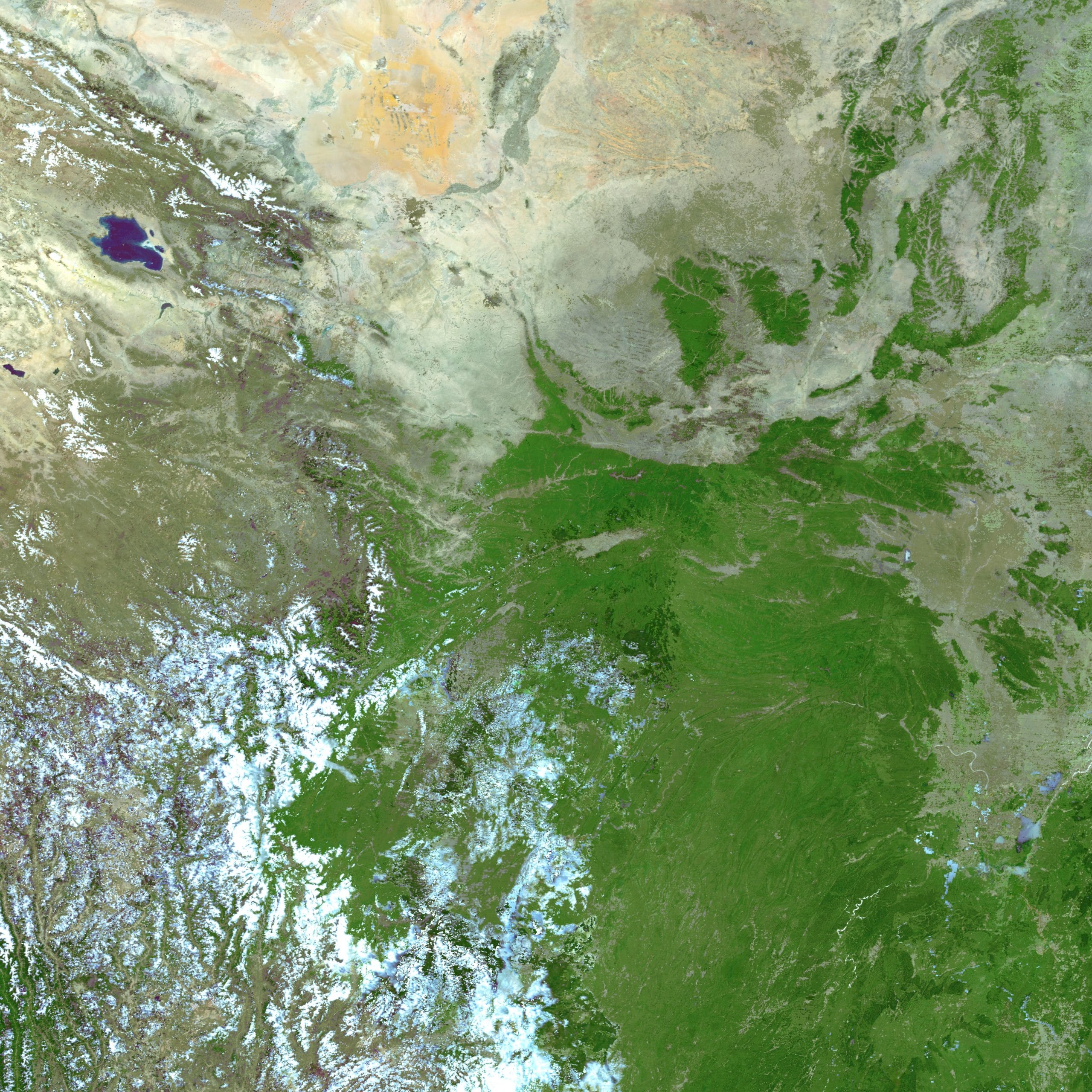Transition Process
A transition process is generally understood as a mean a shift from a non-democratic regime, in particular an authoritarian or totalitarian one, to a democratic regime. The focus is thus solely on the processes of transformation within the political sphere (although a political transition generally entails economic reform). If the process of transition is associated with violent conflict, it is often indispensable to accompany and support the political and legal transformation through trust-building measures. This can include exchanges of prisoners, commissions for transition and reconciliation, and work on plans for reconstruction and the return of exiles and refugees.
With regard to the course of the transition process, two issues are of particular importance: constitutional reform (or the drafting of a new constitution) and the organisation of elections. In order to guide development policy in the context of a transition, it is also essential to perform a census. The paper below is thus dedicated to the following questions: When is the right time for constitutional amendments and elections? Who should guide the process of reform? How can all groups participate in the process of reform? How can free and fair elections be ensured? What significance does a census hold for societal cohesion?

Power Sharing for a United Syria is a project run by the European Centre for Kurdish Studies. In Power Sharing for a United Syria, we work on three main pillars Capacity building and dialogue workshops, Policy advice, and Transparency.
In Power Sharing for a United Syria, we regularly organize workshops on constitutional law and the writing of a constitution with members of the Syrian opposition and Syrian civil society. On one hand, Our Advisory Board supports in particular members of the Small Group of the Constitutional Committee to anchor minority rights as an important part of human rights in the constitution. We want to build bridges between the different members of the opposition and representatives of civil society. Moreover, we want to support them in developing mutual positions regarding power-sharing, minority rights and women’s rights. On the other hand, in order to increase the transparency of the Syrian Constitutional Committee (SCC) and its work, we publish, among other things, video clips covering various topics related to the constitutional process.
This topic is discussed more in detail in our full article. Unfortunately, it is available only in German or Arabic.






